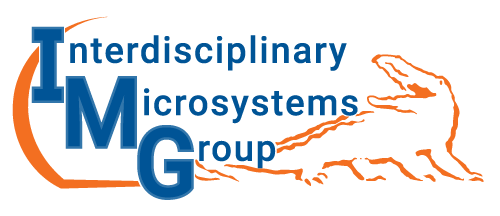The schedule for this week's seminar is:
11.45 - Dr. Sanjeev Koppal:
Title: Fast Foveation for LIDARs, Projectors and Cameras
Abstract: Most cameras today capture images without considering scene content. In contrast, animal eyes have fast mechanical movements that control how the scene is imaged in detail by the fovea, where visual acuity is highest. This concentrates computational (i.e. neuronal) resources in places where they are most needed. The prevalence of foveation, and the wide variety of it, makes it very clear that this is an effective visual design strategy. If robotic drones had this kind of low power vision, we could imagine massive impact on a variety of fields. Allowing these small devices to reliably sense their surroundings has the potential for a major transformation in computer vision. In this talk, I cover our recent work on creating cameras and algorithms that enable fast, selective imaging. The key challenge is that these algorithms require novel camera designs with fast and low-power control of the physical properties that influence image formation. I will discuss examples of such cameras, LIDARs and projectors that utilize newly available, next generation micro-mechanical optics.
12.20 - Dr. Warren Dixon:
The Nonlinear Controls and Robotics group at the University of Florida, is focused on the design and analysis of controllers for nonlinear dynamical systems. The philosophy of the group is that improved performance and new enabling technologies may be realized by maintaining the complete nonlinear model of the systems in their control design. This approach gives rise to significant challenges since nonlinear equations of motion typically do not have an analytical solution, and the system model may be incomplete due to difficulties in modeling certain phenomena. This talk will provide an overview of the design and analysis process required to address modern challenges for applications such as: assured autonomy, rehabilitation engineering, and networked robotic systems.


